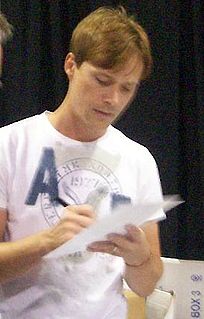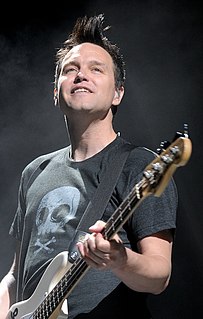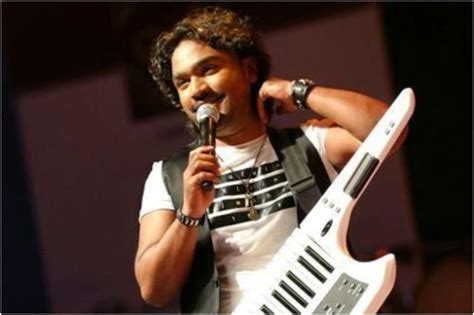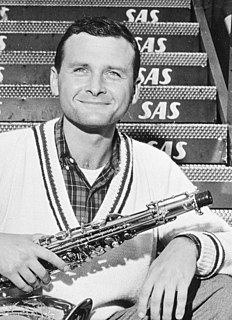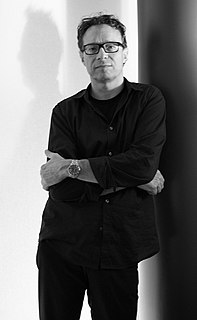A Quote by Michael Ball
Songs from the theatre can be taken and put on record in a commercial and contemporary way, be reinvented and become standout tracks on their own.
Related Quotes
I know that people don't listen to music much in the way when they'll put on a CD, sit down, have a drink or go on a car journey. People pick and choose and just listen to tracks. But when I make a record, I try to think about it as a 50 minute musical journey, so the mood is very important, as is the sequence of the songs.
I made songs really for myself - I didn't ever expect to put it out there and make this a record for mass consumption, this was really just a way for me to get out of my own situation and reclaim that part of myself - so when making the songs, I wanted a testament to what I'd gone through, I wanted a snapshot of those moments.
The reason for backing tracks is to not veer off too far from the record and have what the fans actually want to hear. Artists use backing tracks just so they can stay close to the record and what the consumer heard for the first time. It's not to be confused with lip synching or anything like that cos that's not happening at all.



